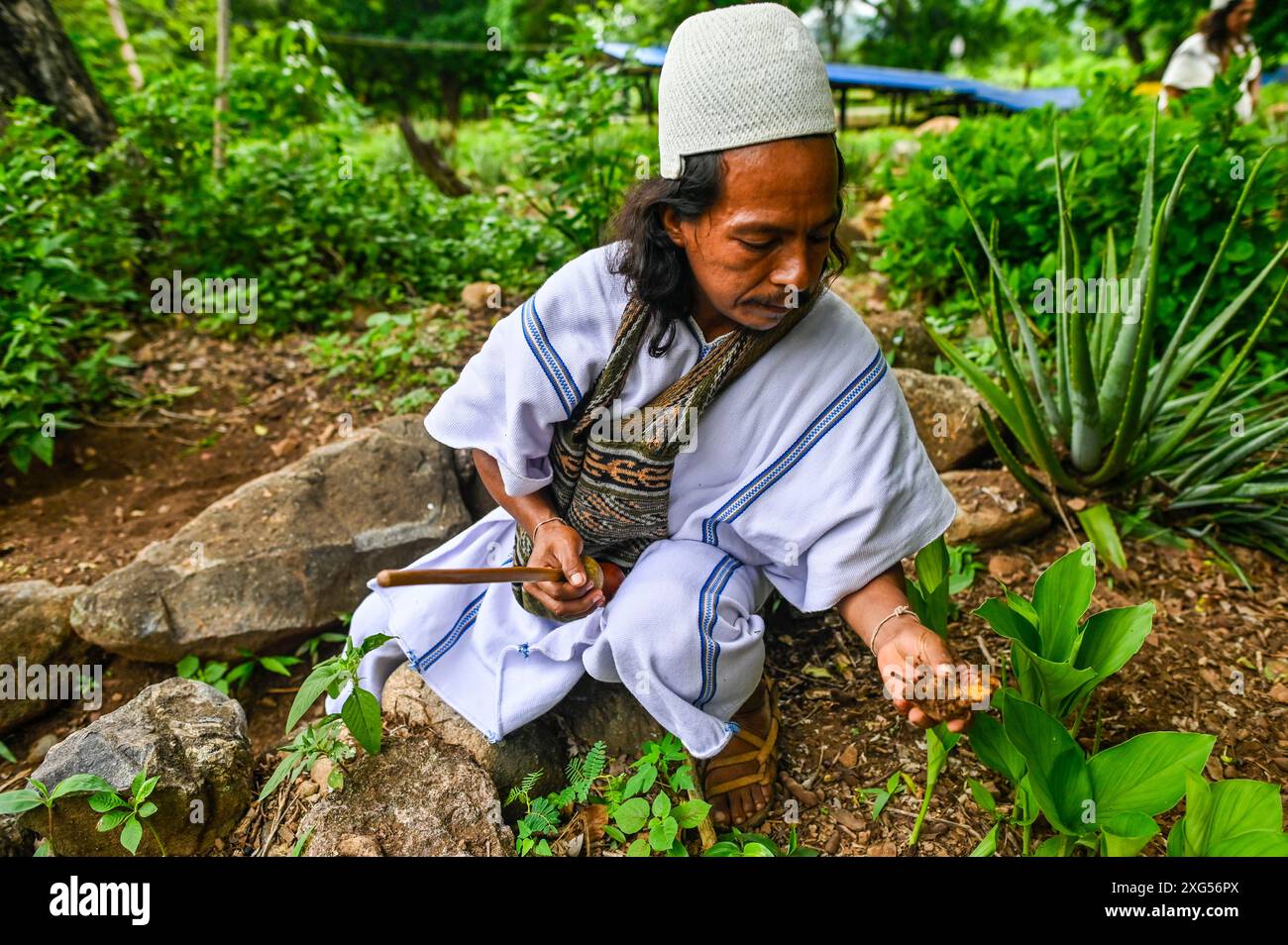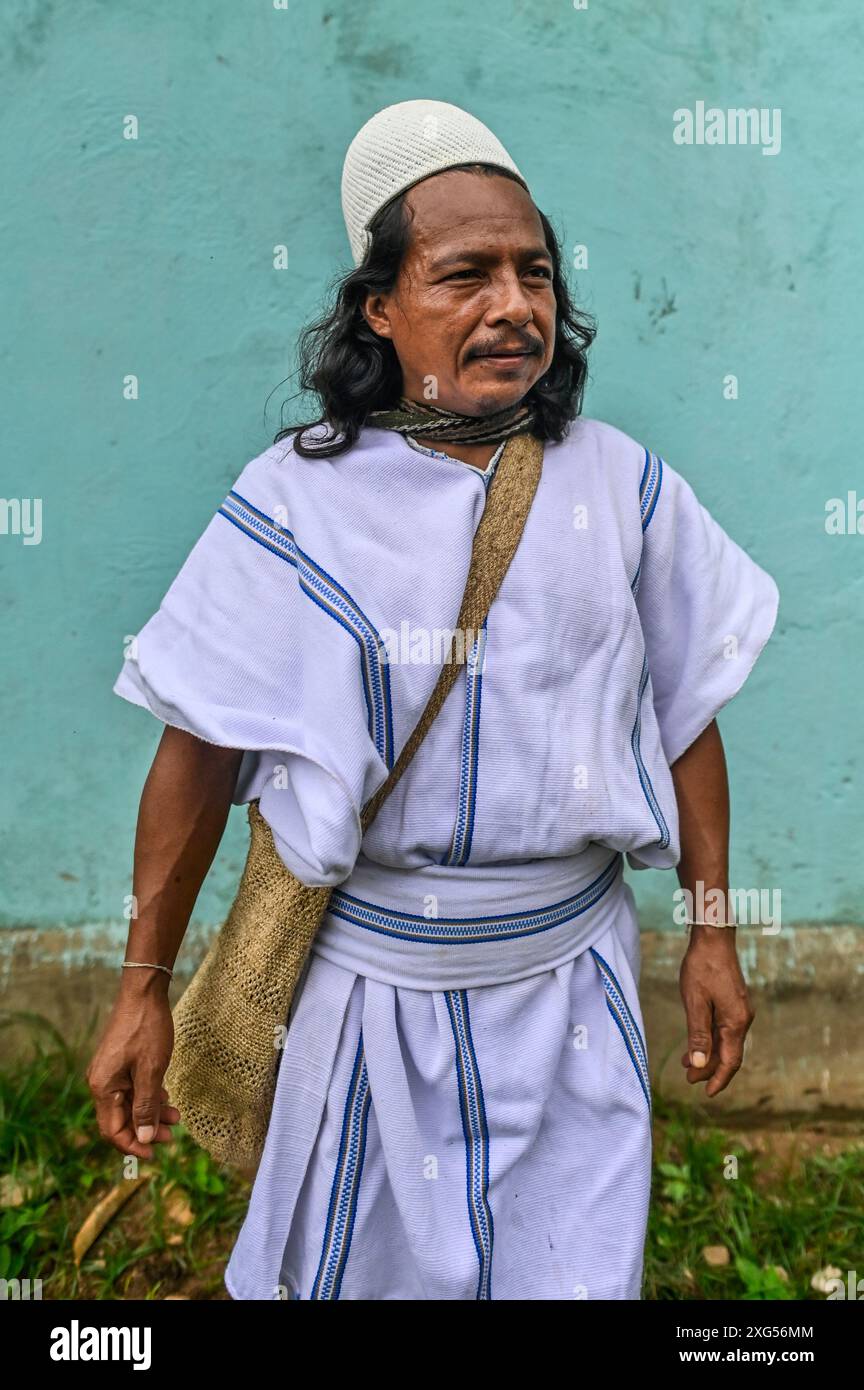
Keepers of the Kiva, Guardians of the Ancient Way: The Enduring Wisdom of Pueblo Spiritual Leaders
In the stark, breathtaking landscapes of the American Southwest, where ancient mesas pierce the azure sky and the Rio Grande carves its path through sun-baked earth, lie the enduring homes of the Pueblo people. For millennia, their communities have thrived, sustained not merely by ingenuity and agriculture, but by a profound spiritual connection to their land, their ancestors, and the cosmos. At the heart of this enduring civilization stand the Pueblo traditional spiritual leaders – quiet, unassuming figures who are, in essence, the living repositories of an ancient wisdom, the guardians of a sacred trust passed down through countless generations.
These leaders are not priests in the Western sense, nor are they elected officials. Their roles are far more intricate, deeply integrated into the fabric of daily life, and often shrouded in a necessary layer of discretion to protect the sanctity of their practices. They are the caciques, the elders, the medicine people, and the heads of various sacred societies, each carrying specific responsibilities crucial for the well-being and continuity of their respective pueblos. Their authority stems from a combination of inherited lineage, rigorous training, spiritual aptitude, and a lifelong commitment to their community’s spiritual health.

The Sacred Architecture of Belief
Pueblo spirituality is not a separate religion; it is a holistic way of life. Every action, every decision, every harvest, and every child’s birth is interwoven with spiritual meaning. Central to this belief system is the concept of living in balance and harmony with all creation – the earth, the sky, the plants, the animals, and the human community. This worldview is manifested physically in the kiva, a subterranean or semi-subterranean circular chamber found in every Pueblo village, serving as the sacred heart of their spiritual practices.
"The kiva is more than just a room; it’s a living space, a place where we connect with our ancestors, with the earth, and with the spirit world," explains one elder, whose identity, like many, remains private to protect the sacred nature of his role. "It’s where our prayers are strongest, where our ceremonies are taught and performed, and where the essence of our people is renewed."
Within these hallowed spaces, spiritual leaders guide intricate ceremonies, many of which are cyclical, following the seasons and the agricultural calendar. Dances – vibrant, mesmerizing performances often involving hundreds of participants in traditional regalia – are not mere entertainment but profound acts of prayer. The Green Corn Dance, the Eagle Dance, the Buffalo Dance, and the sacred Katsina (Kachina) dances of the Western Pueblos like Hopi and Zuni are all performed with immense precision and devotion, intended to bring rain, ensure a bountiful harvest, heal the sick, or restore balance to the world.
Custodians of Knowledge and Oral Tradition
The knowledge held by Pueblo spiritual leaders is vast and complex, encompassing cosmology, history, agricultural practices, healing arts, and social conduct. This knowledge is primarily transmitted through oral tradition, a painstaking process that requires years, often decades, of dedicated apprenticeship. Young initiates are carefully chosen, often from specific clans or lineages, and undergo rigorous training under the tutelage of elder leaders. They learn sacred songs, prayers, stories, and the intricate choreography of ceremonies. This intergenerational transfer of knowledge is vital, as it ensures the continuity of a culture that predates the arrival of Europeans by more than a millennium.
"Our stories are our history, our law, our religion," another leader from a Rio Grande Pueblo once remarked, emphasizing the inseparable nature of these elements. "Every word carries meaning, every song holds power. It is our duty to learn them perfectly, to keep them pure, and to pass them on exactly as they were given to us."
This oral tradition is not static; it is a living, breathing entity that adapts while retaining its core essence. Leaders must discern how to apply ancient wisdom to contemporary challenges, guiding their communities through the complexities of the modern world without compromising their fundamental values.

Challenges in a Modern World
The role of Pueblo spiritual leaders is fraught with unique challenges in the 21st century. One of the most significant is the delicate balance between preserving sacred knowledge and the increasing external curiosity. For centuries, Pueblo people have maintained a deliberate policy of discretion regarding their most sacred practices, a strategy born of necessity after centuries of persecution and attempts at forced assimilation by colonizers. This secrecy is not about exclusion but about protection – safeguarding the integrity of their traditions from exploitation, misunderstanding, and cultural appropriation.
However, in an age of instant information and global connectivity, maintaining this privacy is increasingly difficult. Leaders must navigate the fine line between sharing enough to foster understanding and respect, and protecting the core elements of their spiritual life. The rise of cultural appropriation, where sacred symbols, designs, or even ceremonial elements are commodified or misused by outsiders, poses a constant threat, undermining the profound meaning and power of these traditions.
Furthermore, the pressures of modernization, Western education, and economic realities can draw younger generations away from their traditional communities and spiritual paths. Many Pueblo youth leave their homes for college or jobs, potentially disrupting the vital intergenerational transfer of knowledge. Leaders must work tirelessly to engage young people, demonstrating the relevance and strength of their cultural identity in a rapidly changing world. Programs focusing on language revitalization, cultural immersion, and youth leadership are critical in ensuring that the next generation embraces their heritage.
Environmental challenges also weigh heavily on spiritual leaders. The Pueblo connection to land is not just historical; it is deeply spiritual. Their prayers for rain, their ceremonies tied to the planting and harvesting cycles, are profoundly impacted by climate change, drought, and resource depletion. Leaders are often at the forefront of advocating for environmental protection, recognizing that the health of the land is intrinsically linked to the spiritual health of their people.
Finally, the COVID-19 pandemic presented an unprecedented crisis. Pueblo communities, often multi-generational and with limited healthcare resources, were hit hard. The loss of elders, who are the primary knowledge keepers, was a devastating blow, creating urgent gaps in the chain of oral tradition. Spiritual leaders had to adapt ceremonies, find new ways to connect and heal their communities while adhering to public health guidelines, demonstrating their resilience and adaptability even in the face of tragedy.
Resilience and the Path Forward
Despite these immense pressures, Pueblo traditional spiritual leaders continue their vital work with unwavering dedication. Their resilience is a testament to the strength of their faith and the deep roots of their culture. They are not merely preserving the past; they are actively shaping the future, ensuring that the ancient wisdom of their people continues to guide and enrich their communities.
"Our ancestors faced worse," a leader reflected during a tribal gathering. "They survived conquest, disease, and forced assimilation. We are still here. Our ceremonies still take place. Our language is still spoken. This is because our spiritual leaders, our elders, never gave up. They kept the fire burning, even when it seemed impossible."
Their leadership is not about power in the conventional sense, but about service – service to their people, to the land, and to the cosmic balance. They embody the profound truth that a culture’s true wealth lies not in material possessions but in its spiritual integrity, its connection to its roots, and its ability to transmit its unique wisdom across the ages.
In a world increasingly grappling with environmental degradation, social fragmentation, and a search for meaning, the quiet wisdom emanating from the kivas of the Pueblo people offers a powerful, enduring lesson: that harmony with nature, respect for tradition, and the deep, communal bonds forged through shared spiritual practice are not relics of the past, but vital pathways to a sustainable and meaningful future. The Pueblo traditional spiritual leaders, with their silent strength and profound commitment, remain the indispensable guardians of this invaluable heritage.


